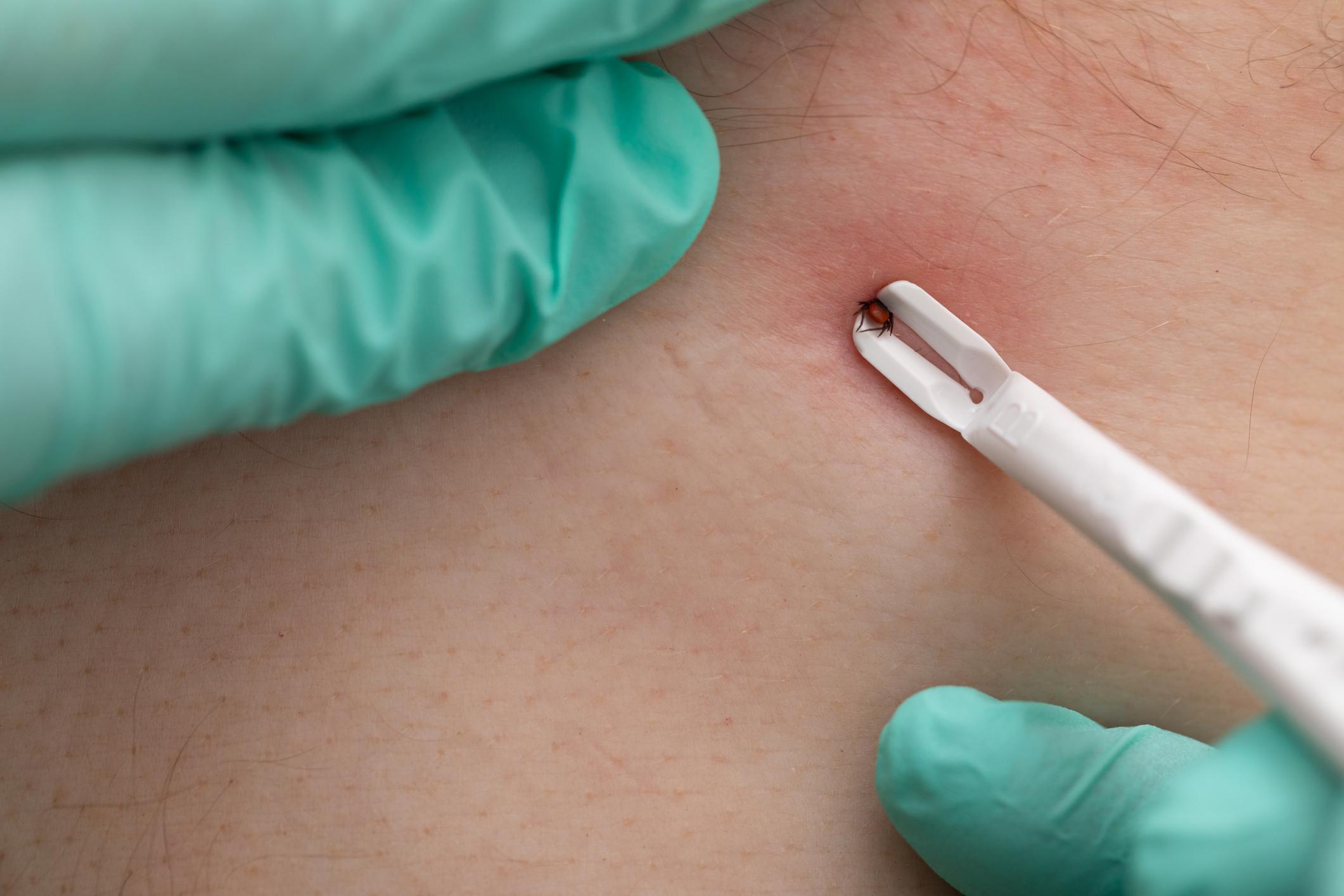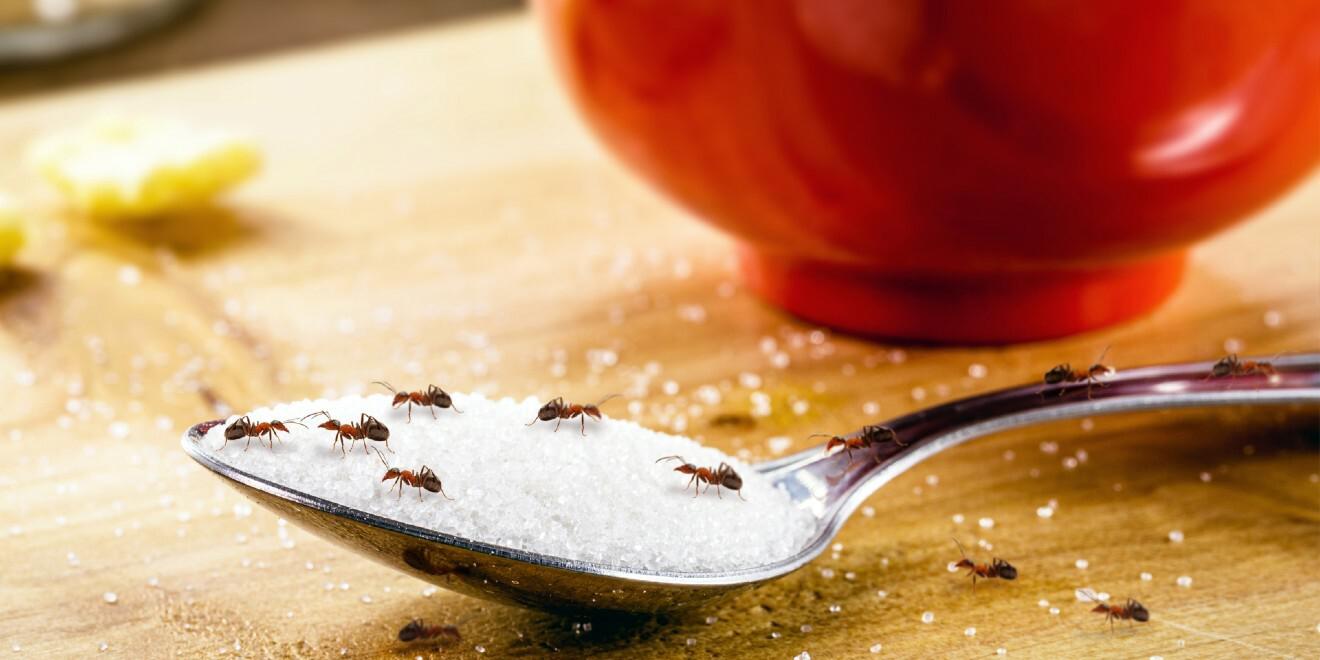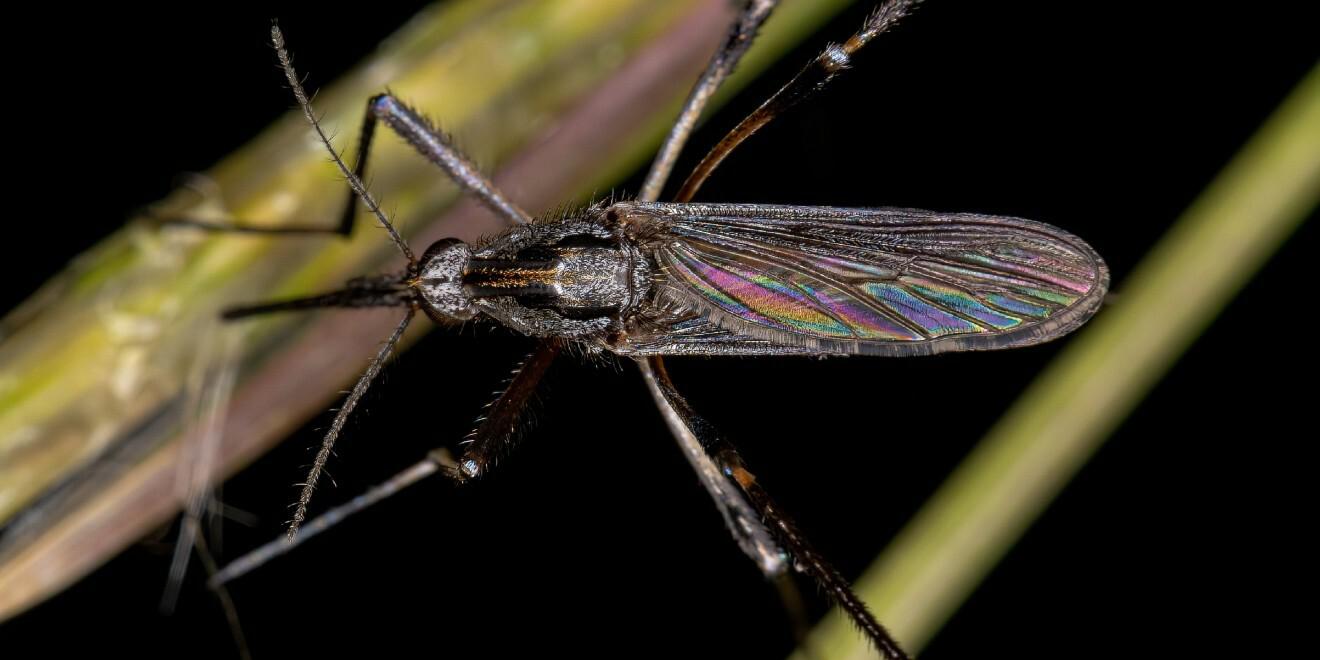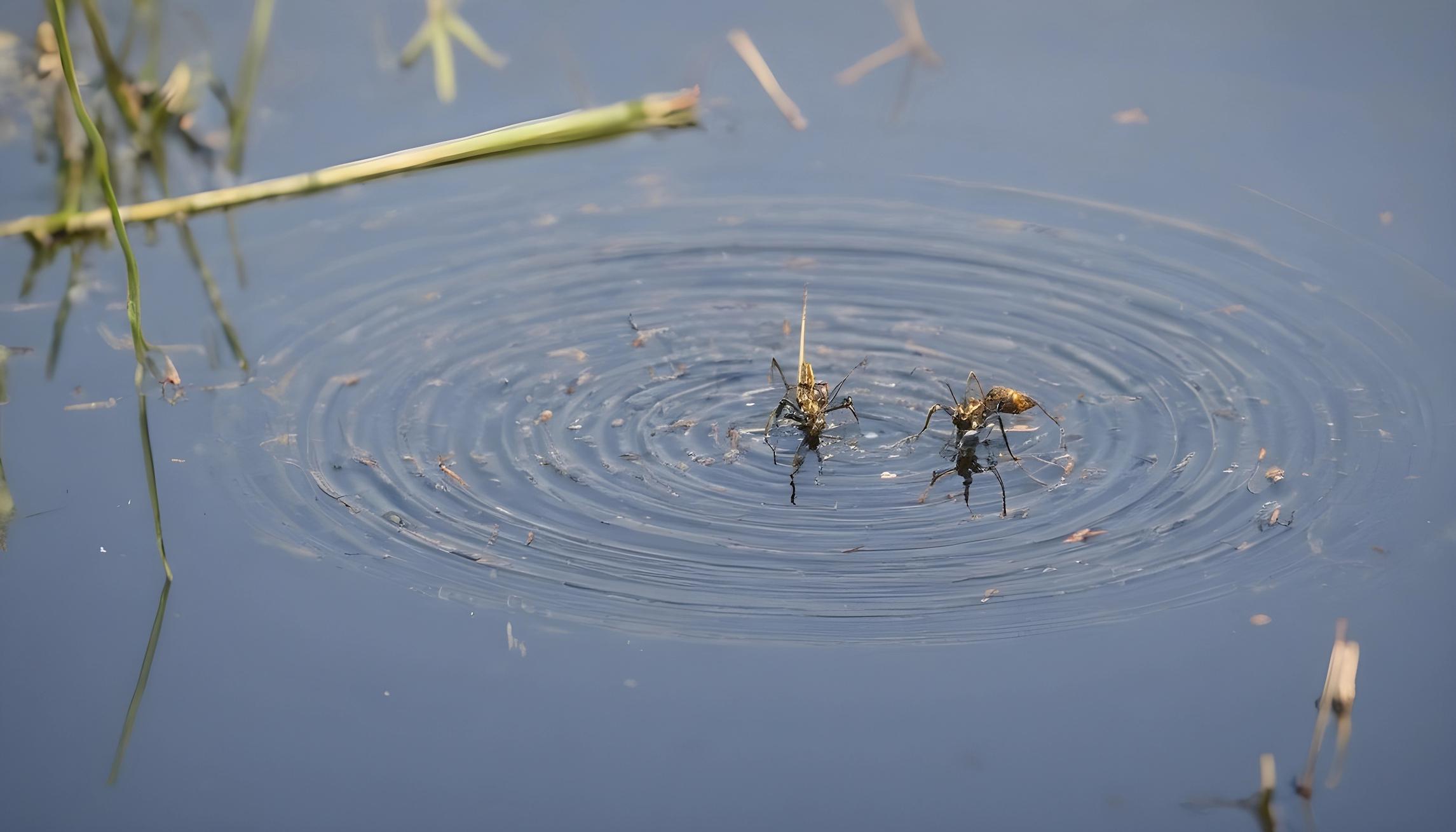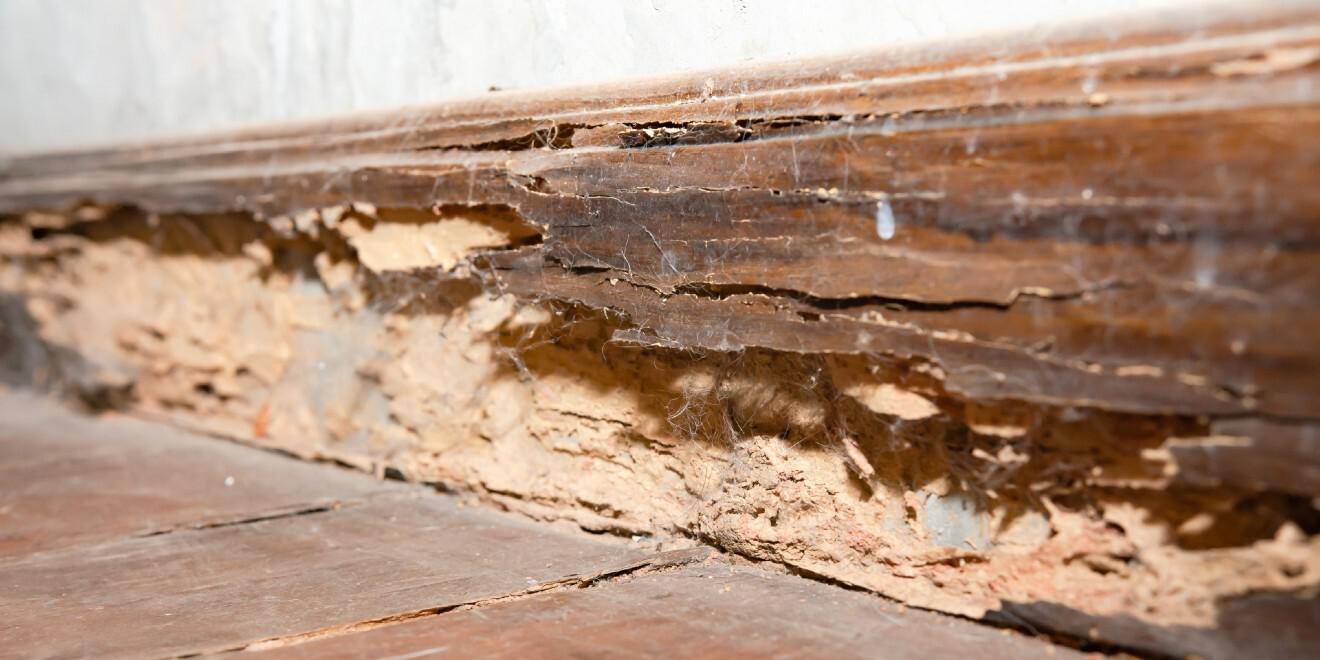Deer Ticks in Fall River & South Shore Mass Love Winter
Posted by Mosquito Squad
March 18, 2016

Unfortunately, deer ticks are NOT among the pesky insects that disappear for the brisk Southern Massachusetts winters. So while it may seem that ticks are out early, it really is that they never went away. While there is a common misconception that ticks are inactive during the winter, adult deer ticks (black-legged ticks) are active as long as the temperatures are above freezing and there is no snow burying them. It’s a good rule of thumb to remember, if you can see the mud, the ticks are out questing for a blood meal.
Don’t Ticks Emerge in Early Spring?
Yes, but, adult deer ticks actually feed over the winter so they can lay their eggs in late May. Which means the emerging ticks are nymph ticks leaving rodent dens where they transformed from larvae to nymphs over the winter months. To better understand this confusing scenario, it is best to review the two-year tick life-cycle.
Ticks need a blood meal for two reasons 1. to transform into their next stage of life (larvae to nymph, nymph to adult) and 2. female adult ticks need blood to lay eggs. These needs make their active periods easy to predict in terms of the tick life-cycle.
- Adult females who feed in the fall & winter lay as many as 3,000 eggs each in late May.
- Eggs hatch in August as 6 legged larvae, who find a small host such as a mouse to get a blood meal.
- They lay dormant until spring when they molt into 8 legged nymph ticks, sometimes thought of as the “teenager”.
- Nymph ticks emerge starting in April looking for their 2nd blood meal to become adults. (This is when most Lyme cases are transmitted)
- Nymphs molt into adult ticks in the fall (August- December), which is when the adult ticks begin their late fall/winter feeding to prepare for laying eggs in the spring – starting the cycle all over again.

About 40-60% of adult deer ticks are carrying the pathogen that causes Lyme disease, making it vital that you take tick precautions throughout the winter when temps rise above freezing.
Our Intensive Tick Treatment is the best product for eliminating ticks year round. The tick barrier treatment eliminates 85-90% of ticks on contact while the tick tubes interrupt the tick life cycle by eliminating larvae and nymph ticks who are living in rodent dens. Call today to sign up for tick control for your yard.










